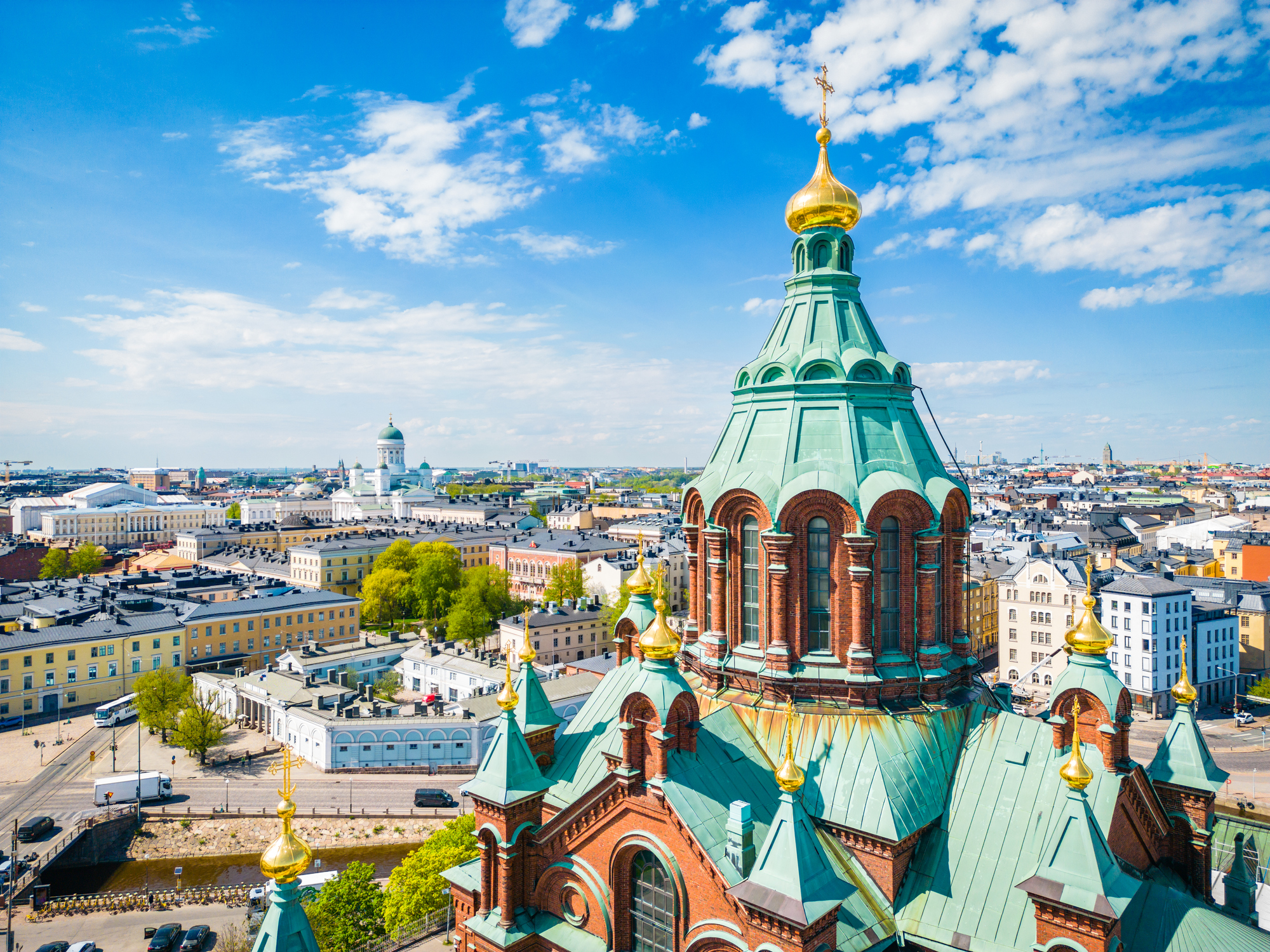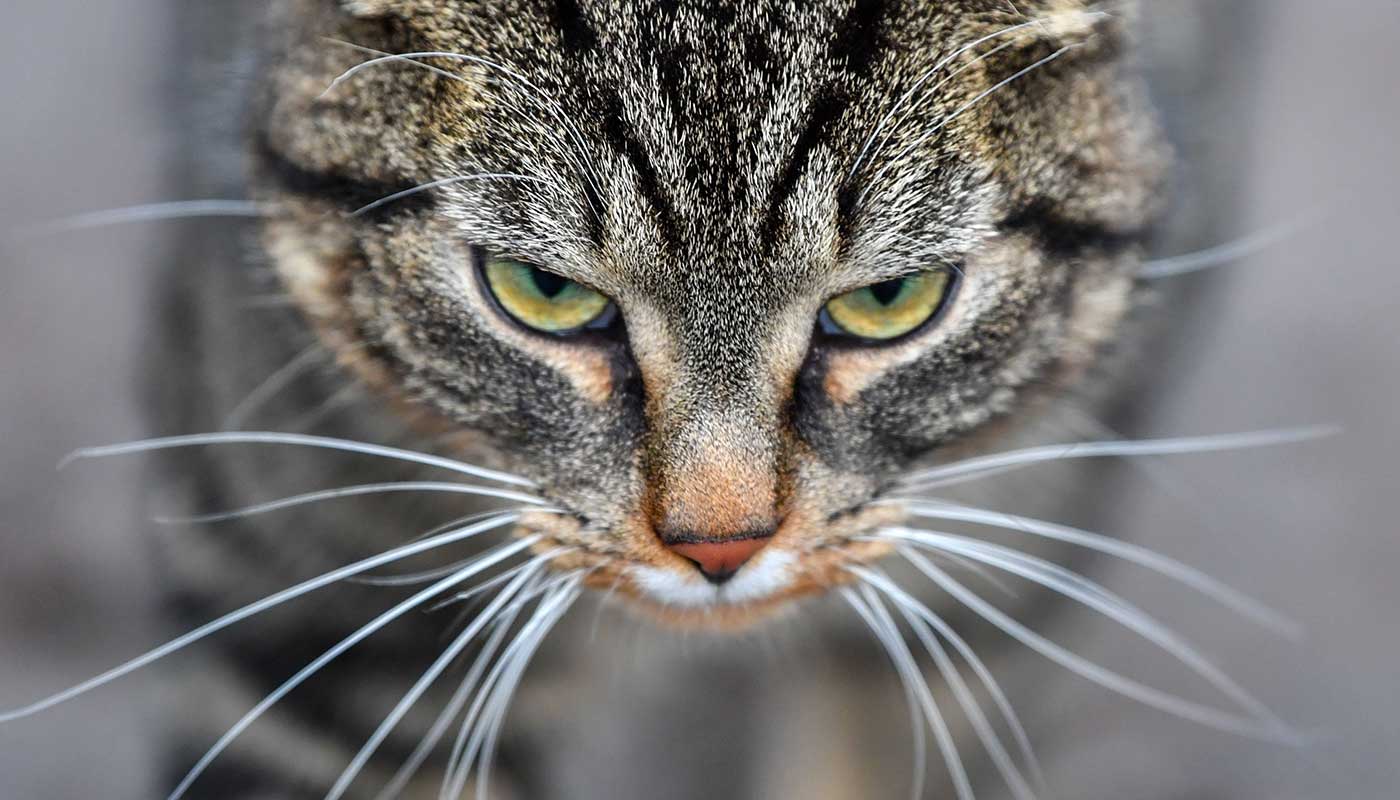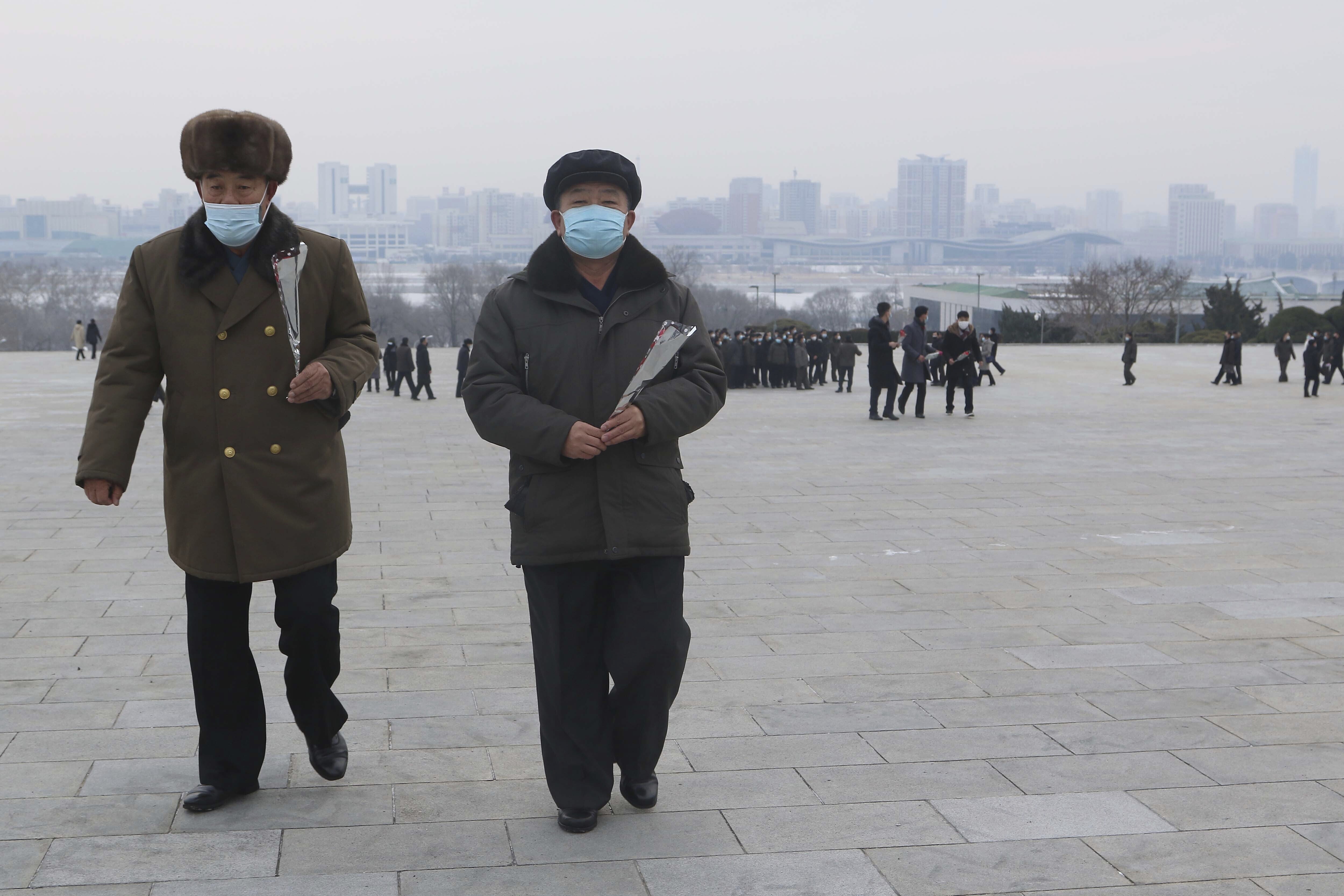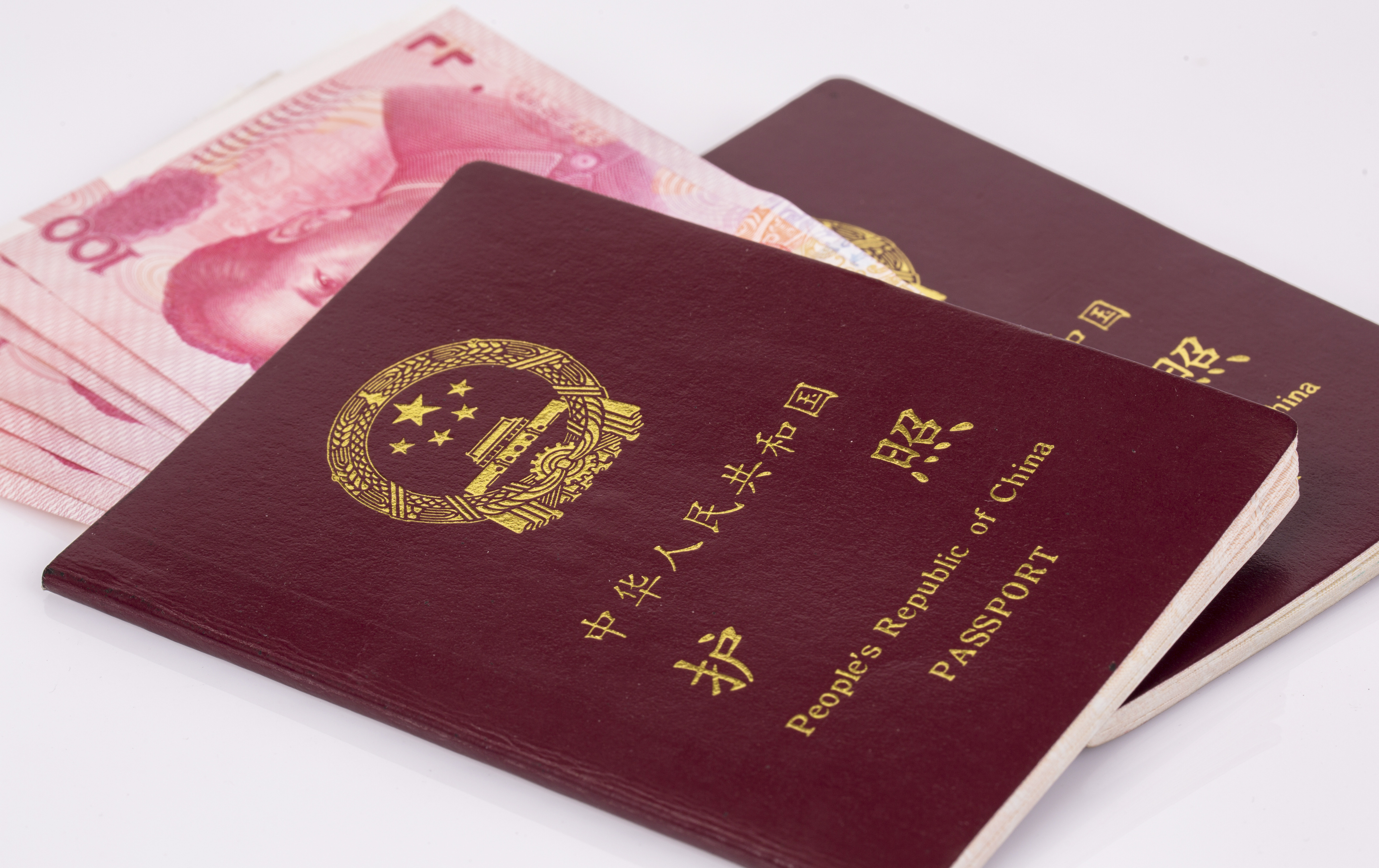‘The name Lilibet Diana will always remind people who she is’
Your digest of analysis and commentary from the British and international press

- 1. Lilibet Diana – the name may turn out to be more of a curse than a blessing
- 2. Tech giants have gained too much power in schools
- 3. Meritocracy remains our best option, but it cannot work without social solidarity
- 4. The ‘old normal’ is alive and well in Venice
- 5. Falling sperm counts aren’t as alarming as they sound
A free daily email with the biggest news stories of the day – and the best features from TheWeek.com
You are now subscribed
Your newsletter sign-up was successful
1. Lilibet Diana – the name may turn out to be more of a curse than a blessing
Sean O’Grady in The Independent
on a royal arrival
“What’s in a name? Quite a lot, if you’re royal,” writes Sean O’Grady in the Independent. “Little Lilibet Diana Mountbatten-Windsor is certainly charming and her name seems well-chosen” but such a “sentimental” namesake could “turn out to be more of a curse than a blessing if the poignant experience of the past is anything to go by”, he says. The name will “always remind people who she is” and “will merely heighten interest in her as she grows up”. In any case, writes O’Grady, as Meghan and Harry’s family grows, perhaps “the royal family will be enlightened enough to see what a tremendous asset they have in the American branch of the family”, who could be convincing modernisers of the monarchy. The Windsors themselves have found it difficult to “keep up” with the pace of change in society and are now no longer symbols “of the nation and Commonwealth as a whole” but rather “of tradition and resistance to ‘woke’ values”.
The Week
Escape your echo chamber. Get the facts behind the news, plus analysis from multiple perspectives.

Sign up for The Week's Free Newsletters
From our morning news briefing to a weekly Good News Newsletter, get the best of The Week delivered directly to your inbox.
From our morning news briefing to a weekly Good News Newsletter, get the best of The Week delivered directly to your inbox.
2. Tech giants have gained too much power in schools
Jawad Iqbal in The Times
on Google in the classroom
“It’s time to sit up and pay attention to the growing domination of Google in classrooms across Britain,” writes Jawad Iqbal in The Times. We risk “giving the tech giant significant control over the future of education. When exactly did we agree to this and why would we?” Iqbal asks. “It’s not just Google: Microsoft, Apple and Amazon are pouring millions into schools globally,” he continues. “It’s about time we woke up to the growing ethical, political, technical and regulatory questions raised by the power of the tech giants before they build even greater inroads into our education system.”
A free daily email with the biggest news stories of the day – and the best features from TheWeek.com
3. Meritocracy remains our best option, but it cannot work without social solidarity
Nick Timothy in The Telegraph
on true potential
“Who could disagree with meritocracy, the idea that our prospects should depend not on the circumstances of birth, but our talents and efforts alone?” asks Nick Timothy in The Telegraph. “The answer, it turns out, is rather a lot of people,” he writes. On the left, meritocracy is “attacked as elitist” while the right associates it with “managerial elites who gave us globalisation, mass immigration and membership of the European Union”. “If we want all our citizens to have the chance to achieve their true potential” then we must “think beyond meritocracy itself: we must aim to restore a sense of the common good”, argues Timothy.
4. The ‘old normal’ is alive and well in Venice
Will Lloyd on UnHerd
on familiar sights
“Last Thursday, 15 months into the pandemic, something happened that was suggestively, eerily, absurdly normal. A cruise liner, MSC Orchestra, floated into Venice,” writes Will Lloyd on UnHerd. “Catastrophic events like Covid-19 always summon prophecies,” like the oft-repeated refrain that the “nature of work has fundamentally shifted” or that we’re “on the cusp of a revolution in green energy”. “Tourism was another industry in the process of being ‘reinvented’ too – otherwise it was finished,” writes Lloyd. “And yet there is the MSC Orchestra, all 92,000 tons of it, rolling into the lagoon city, a buoyant riposte to the notion that the world has changed.” Lloyd concludes: “The pleasures and the pains of globalisation, like the crumbling palazzos of Venice, will shake and wobble, but they won’t disappear. Post-pandemic life, as Michel Houellebecq said a few months ago, will be exactly the same, ‘just a little bit worse’.”
5. Falling sperm counts aren’t as alarming as they sound
Marion Boulicault and Meredith Reiches in The Guardian
on a fertility blind spot
“What’s too small to see with the naked eye, made by half the population in batches of millions, and in alarmingly short supply?” write Marion Boulicault and Meredith Reiches in The Guardian. “The answer, according to some scientists, is sperm.” But we should take “a closer look at the evidence before turning out for the ‘save the sperm’ rally”, they write. “The most recent round of apocalyptic predictions was sparked by an influential 2017 paper,” they say, but analysis of the data shows “the apocalyptic verdict of vanishing sperm is far from the only plausible interpretation of what’s going on here.” For one, it “makes the pernicious but all too common mistake of treating men in affluent, majority-white nations as the standard to which everyone else should be compared”. The truth of the matter is “more banal but accurate”: “there’s much we don’t know about the relationship between men’s reproductive health and environmental pollution”, say Boulicault and Reiches. “This blind spot is what we should be attending to.”
-
 Local elections 2026: where are they and who is expected to win?
Local elections 2026: where are they and who is expected to win?The Explainer Labour is braced for heavy losses and U-turn on postponing some council elections hasn’t helped the party’s prospects
-
 6 of the world’s most accessible destinations
6 of the world’s most accessible destinationsThe Week Recommends Experience all of Berlin, Singapore and Sydney
-
 How the FCC’s ‘equal time’ rule works
How the FCC’s ‘equal time’ rule worksIn the Spotlight The law is at the heart of the Colbert-CBS conflict
-
 ‘Irony’ as Zoom calls staff back to office
‘Irony’ as Zoom calls staff back to officefeature And other stories from the stranger side of life
-
 The U.S. veterinarian shortage crisis
The U.S. veterinarian shortage crisisSpeed Read With an anticipated shortage of 15,000 vets by 2030, it will be harder to get care for pets
-
 Company teaches mask-wearers to smile again
Company teaches mask-wearers to smile againfeature And other stories from the stranger side of life
-
 Global happiness has been 'remarkably resilient' over the past three years
Global happiness has been 'remarkably resilient' over the past three yearsfeature
-
 Ministers considered killing all cats during pandemic
Ministers considered killing all cats during pandemicfeature And other stories from the stranger side of life
-
 How naked mole rats could hold the secret to reversing the menopause
How naked mole rats could hold the secret to reversing the menopauseSpeed Read A new study reveals a discovery found in the rodents could potentially be used to prolong human fertility
-
 North Korea imposes 5-day lockdown on capital to fight 'respiratory illness'
North Korea imposes 5-day lockdown on capital to fight 'respiratory illness'Speed Read
-
 China to begin re-issuing passports in another reversal of COVID lockdowns
China to begin re-issuing passports in another reversal of COVID lockdownsSpeed Read